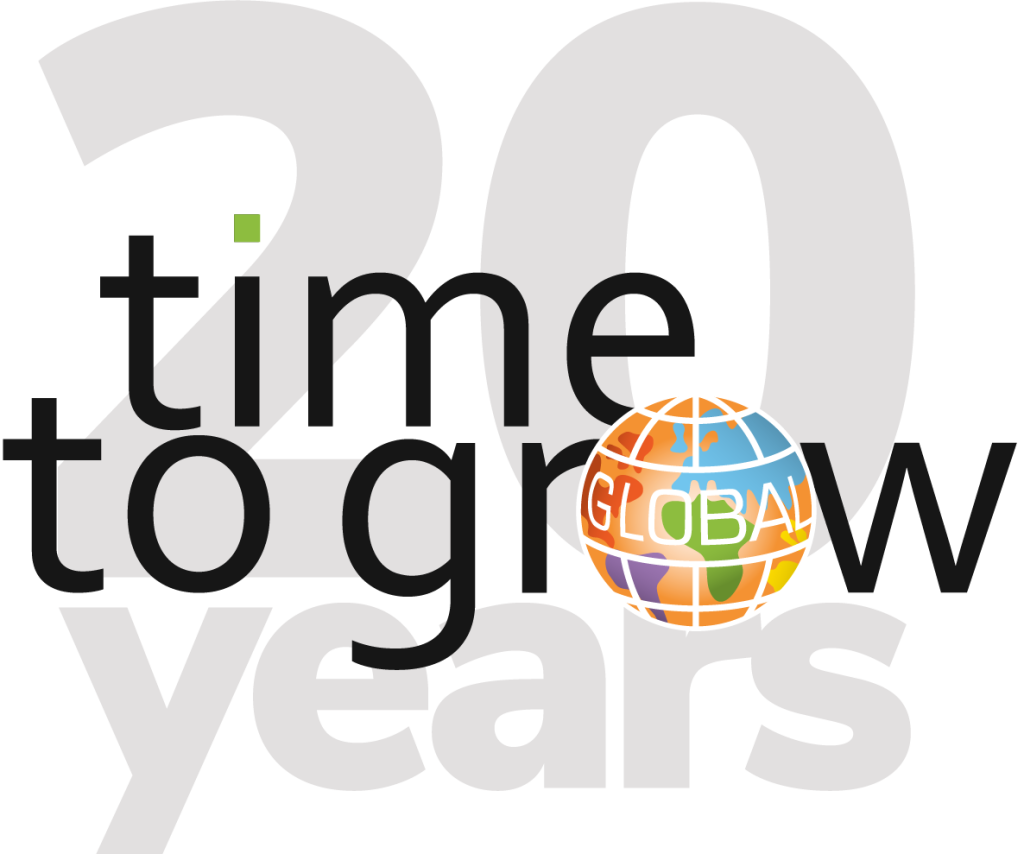I’ve mentioned the Exponential Age a few times this year for good reason. But what does it really mean to you as a leader, and should you care about it?
Here are the answers—I’ll let you decide.
What Is “The Exponential Age?”
You and I know that technology evolves quickly, with transformative impacts on how we create and deliver value in a business context.
And it’s something that we’ve known for quite a while.
However, the emergence and growth of “game-changing” tech has rarely been as glaringly obvious as it has over the past few years.
Think AI like ChatGPT.
Think blockchain, cryptocurrencies, and smart contracts.
Think big data, robotic automation, or digital platforms like AirBnB…the list goes on and on.
The Exponential Age concept is founded squarely on the important fact that none of these innovations are born into a vacuum; each impacts the way we work, how we collaborate, how we compete, and, of course, how they influence one another.
This is a convergence that excites and accelerates, changing the way we need to self-organize, configure our teams and organizations, and, thus, how our organizations need to be led.
As someone who works with teams every single day, facilitating Dubai executive team retreats, I’ve become intensely curious about this phenomenon on a professional and personal level.
Are We Ready For It?
The fact is that we humans aren’t (yet!) wired to process this kind of explosive, disruptive innovation with much ease. Being programmed to linear thinking, we are much more used to making sense of gradual and incremental changes.
Like a new iPhone model each year or a steady increase in the number of incoming tourists.
Let me put it figuratively—we can understand a new annual flu jab, but it’s a lot harder to digest the idea of widespread, unforeseen COVID-19 vaccines.
It’s called the “exponential gap”: a collective cognitive disconnect that makes it super hard for us to fully anticipate the transformative impact of these exponential technologies on our society and organizations.
It generally means missed opportunities and (more) overlooked potential risks.
So, are we ready for it?
While the answer for most of us is “not really,” the crucial part is that we can be, we should be, and we need to be.
Why The Exponential Gap Matters for Leaders
Survival means proactively adopting (or adapting to) disruptive new technologies, as well as integrating them into our businesses and daily lives. That’s how we stay ahead of the curve and embrace the potential for positive change while mindfully acknowledging the challenges that could arise.
That means acknowledging our own shortcomings, specifically the exponential gap.
It means building a culture of continuous learning and openness to innovation so everyone can approach technological advancements with an agile, open growth mindset. It’s up to you to build teams that are open to change, where problems can be solved creatively and collaboratively.
Having The Right Conversations
So what exactly should you be talking about, with so much to take in and consider?
As my deep dive into the impacts of the Exponential Age continues, I’m continuing to facilitate leadership team retreats in Dubai every day.
And every day, I’m more and more convinced that most of us are underestimating what it means to grow exponentially, and we need to have the right conversations. Conversations that will involve input from multiple stakeholders, each with differing specialties.
Conversations like:
- How different disruptions might impact our culture, way of working, and competitive strategies for the future. In short, everything I’ve talked about so far.
- The ethical implications of exponential technologies, from the role of AI in decision-making roles and privacy concerns of big data to the societal impacts of automation and job displacement.
- How to develop ethical frameworks and regulations guiding the development and use of transformative tech, which should combine insights from technologists, ethicists, policymakers, and other stakeholders
- How we can support digital literacy, so we can understand and effectively utilize evolving tech. Educational institutions, businesses, and governments will all have a role in ensuring that everyone has the necessary skills to navigate the rapidly changing landscape, and that starts with some serious discussions.
These will invariably be emotional, complex discussions, as they almost always are when a huge and diverse range of stakeholders are involved.
They are NOT conversations that we can have remotely, so here are two questions I’d like to pose for you to reflect on.
→ How often do you meet as a leadership team?
→ In the context of the Exponential Age, is it enough?
I’m keen to hear what you think. Why not leave me a comment below?

Govert is Time To Grow Global’s Managing Partner, specializing in Strategy Facilitation, Leadership development and Organisational performance. Reach him on our Time To Grow Global LinkedIn.


